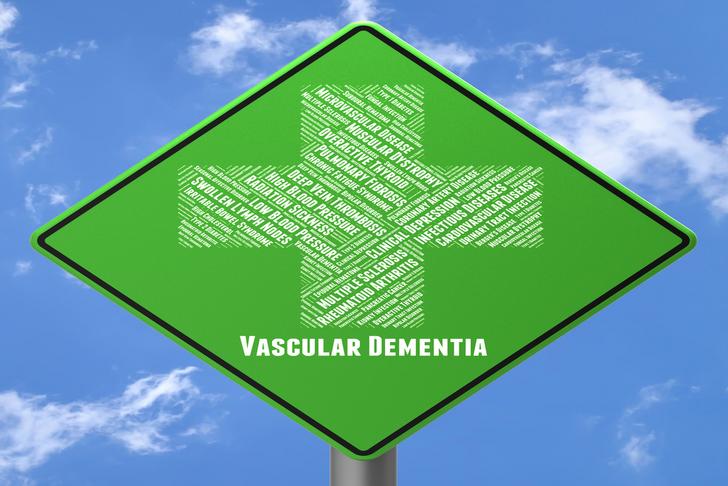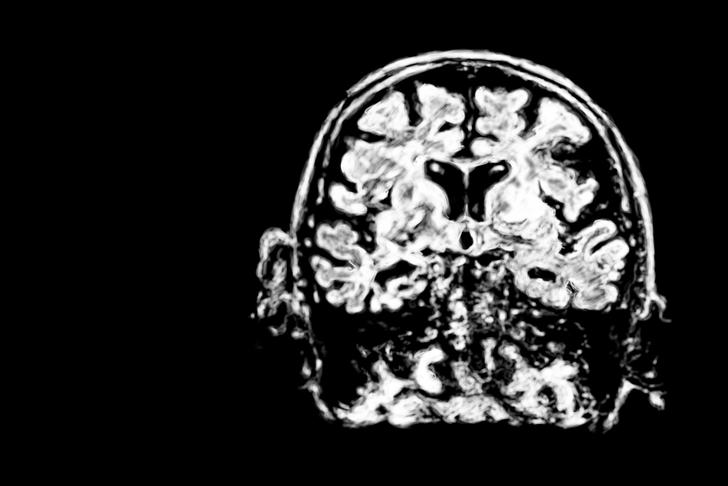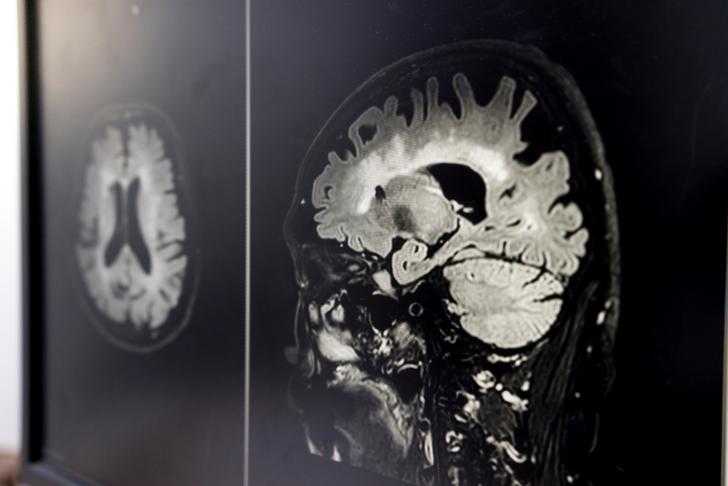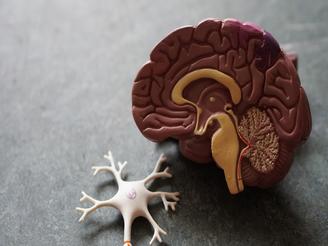Understanding Vascular Dementia: Causes, Early Signs, and Symptoms
Vascular dementia is the second most common form of dementia, affecting millions of people worldwide. It occurs when blood flow to the brain is reduced, depriving brain cells of the oxygen and nutrients they need to function properly. This article will explore the causes, early signs, and symptoms of vascular dementia to provide a comprehensive understanding for laypeople.
Causes of Vascular Dementia: Stroke
One of the primary causes of vascular dementia is stroke, which occurs when blood flow to a part of the brain is suddenly cut off, usually due to a blood clot or a burst blood vessel. This can result in brain cell death and lead to cognitive impairment. Strokes can be either ischemic (caused by a clot) or hemorrhagic (caused by a burst blood vessel), both of which can lead to vascular dementia[[1]].

Advertisement
Causes of Vascular Dementia: Small Vessel Disease
Small vessel disease, also known as subcortical vascular dementia or Binswanger’s disease, is another cause of vascular dementia. This condition involves damage to the small blood vessels in the brain, which can lead to reduced blood flow and cognitive decline. Small vessel disease is often associated with high blood pressure, diabetes, and high cholesterol levels[[2]].

Advertisement
Causes of Vascular Dementia: Mixed Dementia
Mixed dementia is a condition in which a person has more than one type of dementia, such as Alzheimer’s disease and vascular dementia. In these cases, the vascular dementia may be caused by a combination of factors, including stroke, small vessel disease, and other factors that contribute to Alzheimer’s disease[[3]].

Advertisement
Early Signs of Vascular Dementia
The early signs of vascular dementia can vary depending on the cause and the area of the brain affected. Some common early signs include:
- Memory problems, particularly with recent events
- Difficulty concentrating or making decisions
- Slowed thinking or difficulty finding the right words
- Mood changes, such as depression or irritability
- Physical symptoms, such as weakness or numbness on one side of the body, vision problems, or difficulty walking[[1]]

Advertisement
Symptoms of Vascular Dementia
As vascular dementia progresses, symptoms may become more severe and noticeable. Some common symptoms include:
- Increased memory loss and confusion
- Problems with language, such as difficulty speaking or understanding speech
- Difficulty recognizing familiar people or objects
- Difficulty with motor skills, such as coordination and balance
- Hallucinations or delusions
- Incontinence
- Changes in personality or behavior, such as increased agitation or aggression[[2]]
In conclusion, vascular dementia is a complex condition with various causes, including stroke, small vessel disease, and mixed dementia. Recognizing the early signs and symptoms of vascular dementia is crucial for seeking appropriate medical care and managing the condition. If you or a loved one are experiencing any of these signs or symptoms, it is essential to consult a healthcare professional for a proper evaluation and diagnosis.

Advertisement





